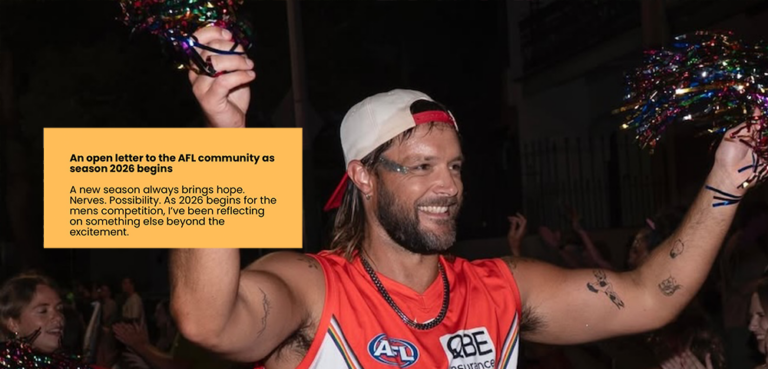
The Catch-22 of asylum seekers
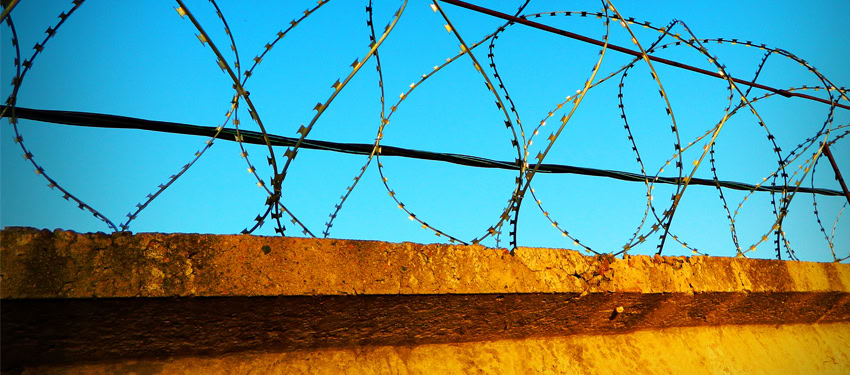
ONE man was found by a family member having sex with his lover and feared he would be killed once a violent cousin with links to the local extremist mullahs found out. Another man drew suspicion his entire life over his mannerisms and his failure to have girlfriends as he got older, prompting threats from people in his community that his sexual orientation would be reported to the police.
“I had to get out. Risking my life to get on a boat and come to Australia would have been better than getting raped or tortured in jail,” says Mohammad, who cannot reveal his identity or country of origin in case he is sent back and for fear that speaking out might hurt his case in Australia.
People fleeing these types of situations arrive in Australia every year from countries such as Bangladesh, Iran, Papua New Guinea (PNG) and even parts of Africa seeking protection not because of war or economic hardship but because of the way they were born.
Some states like Bangladesh and PNG criminalise homosexual acts with lengthy prison terms. Others such as Iran and parts of Nigeria allow for the death penalty for homosexuals.
Australia was one of the first countries worldwide in a 1994 court judgement to accept sexual orientation as a reason for seeking asylum. But since then there has been a hardened attitude towards asylum seekers arriving by boat.
People who have arrived since an August 2012 law change are effectively barred from making an application for protection. They live in legal limbo in Australia and are not allowed to work, study or even volunteer. Those who arrived by boat after another law change in July 2013 are sent off-shore for their claims to be processed and to be resettled in PNG and Nauru, which also criminalises homosexual conduct. Some 30,000 people are thought to be caught up in these policy changes, with gay asylum seekers fleeing horrific situations among them.
Katie Wrigley, principal solicitor at the Refugee Advice and Casework Service has represented LGBTI asylum seekers and says the new rules are taking their toll on people. While the service cannot lodge claims for asylum seekers who come under the new rules, her office nonetheless meets people on Monday evenings to take their statements so the details are being recorded and, more importantly, so that asylum seekers are able to have their stories heard.
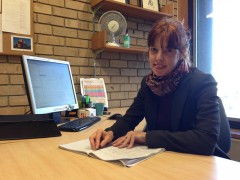
“We are seeing people’s mental health deteriorate. They are isolated and it is sending people mad,” she says.
For Mohammad, coming to Australia meant the start of a new set of problems.
“In my home country I never thought about suicide because I always had hope of getting out. Now in Australia I think of suicide because this is where I was to get protection and now I see there is none,” he says.
He had to flee as he feared he would be reported to the authorities when a close friend of his lover became angry after finding out about their relationship.
He describes living a double life in his home country where every day he had to pretend he was someone he was not. It was a life of loneliness and depression, involving an elaborate dance around difficult situations when people questioned the way he spoke or walked, or when the subject of girlfriends arose.
However, coming to Australia has not meant he is able to live entirely openly as a gay man. His fear of being sent back home means he is always wary and he says people are reluctant to become involved with him because he is an asylum seeker.
A major concern now is the possibility of being sent to Nauru or PNG to have his claim heard and to be potentially resettled. Senthorun Raj, a University of Sydney academic and NSW Amnesty International representative, says this is a particular worrying development for LGBTI asylum seekers.
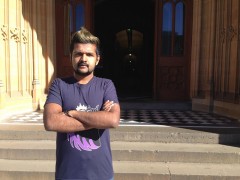
“In Papua New Guinea homosexual acts are criminalised with penalties of up to 14 years in prison,” he says.
“Sending LGBTI asylum seekers there would appear to contradict the UN convention which precludes people being sent back to countries where their life or liberty are under threat.”
The UN High Commission for Refugees has also warned, “for such refugees, integration in a society which criminalises homosexuality may give rise to serious protection issues”.
The Melbourne-based Human Rights Law Centre last June issued a statement on the issue to the UN Human Rights Council asking it to remind Australia of its obligations to protect people fleeing persecution.
The statement added: “People seeking asylum on the basis of their sexuality will be trapped in a horrible Catch 22. In seeking protection they will be required to disclose their sexuality, but by doing so they expose themselves to risk in PNG.”
Raj says this is “the basis of the deterrent policy to make coming to Australia worse than the country they are fleeing”.
“In the last two decades we have seen a gradual erosion of the rights of asylum seekers and a lot of these changes are undermining the ability of people to seek protection,” he adds.
While the current system has made seeking protection difficult, the route to getting refugee status for LGBTI asylum seekers has never been easy. While there are no definitive figures, the number of LGBTI asylum seekers given protection is thought to be low — one study shows 550 cases involving LGBTI asylum seekers reached the Refugee Review Tribunal between 1994 and 2009, after they had been turned down for protection at the first decision-making stage. The tribunal only releases publicly between 10 to 40 per cent of cases, so the overall number for appeals because LGBTI asylum seekers were turned down initially could be a lot higher. The 1994 court judgement overturned the practice whereby LGBTI asylum seekers were told to go back home to their countries and live a discreet life. But since then, the emphasis has been on proving that they are gay.
“We are seeing more commonly for people to be told by immigration officials that while they accept their country is unsafe for homosexuals that they don’t believe that they are homosexual,” Wrigley says.
Research has shown some are subjected to questions about their sexual behaviour, including asking specific details about gay bars in Sydney, if they use lubricant and if they know songs by Madonna.
There is concern at assumptions being made that gay asylum seekers must have similar experiences to the gay community in Australia, despite the fact that homosexuals in repressive countries spend their lives hiding their sexual orientation and often have few sexual experiences.
“Some of the questions can be insanely details. And there is the idea that if you make a factual mistake, say about a gay bar in Sydney, you’re lying about your entire case,” says Jenni Millbank, of the University of Technology, Sydney, who has conducted research into the area of LGBTI asylum seekers.
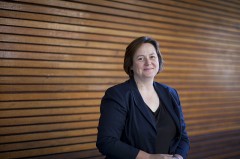
Millbank says she would like to see Australia adopt guidelines specifically detailing to immigration officials what types of questions are appropriate for people claiming asylum on the basis of their sexual orientation, as is done in countries such as the UK.
Australia does have a good system for people claiming asylum who have arrived with valid visas by plane, but Millbank highlights that for people fleeing because of their sexual orientation this avenue is often only open to wealthy men. People from many developing countries require proof that they have jobs, wealth and even property in their home country before being given visas to travel to Australia, as a way of showing they will return home. Women fleeing countries in the Middle East in particular because of their sexual orientation would find obtaining visas difficult because of rules curbing their independence. Men with few financial resources would fare no better.
“Occasionally I will get an email from a hotmail account saying ‘I’m a gay man in Tehran and I need to get out. What should I do?’ But the reality is only a well-resourced man will have the option of getting a student or tourist visa, boarding a plane and coming here,” Millbank says.
“Our system of claiming asylum is increasingly tokenistic. We are behaving fairly to a smaller number of people.”
It is difficult to see the situation changing while support remains high in opinion polls for the government’s policy towards asylum seekers. Cat Rose of Community Action Against Homophobia, which has organised protests in this area, says one way to put pressure on the government is for the LGBTI community to become more involved and to show more support to LGBTI asylum seekers.
Rose also says that part of the problem is that putting asylum seekers in detention centres and creating a climate of fear means rarely do people know about their stories and why it became so necessary for them to flee.
“Mandatory detention separates them from the community and means their voices are lost,” she says.
**This article first appeared in the September issue of the Star Observer. The October issue will hit the streets this Thursday (September 18) in Melbourne, Sydney, Brisbane, Adelaide and Canberra. Click here to find out where you can grab your free copy.


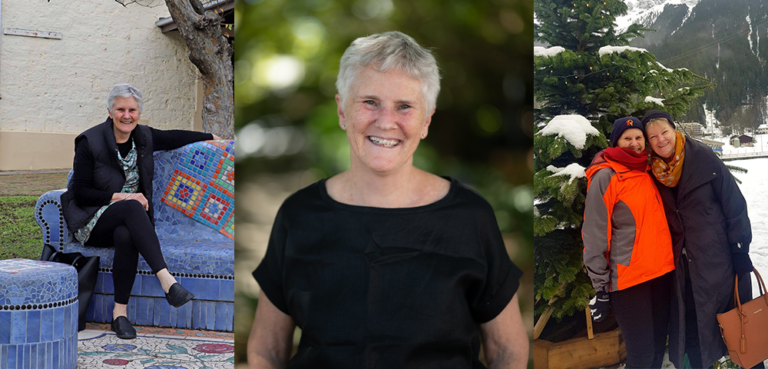
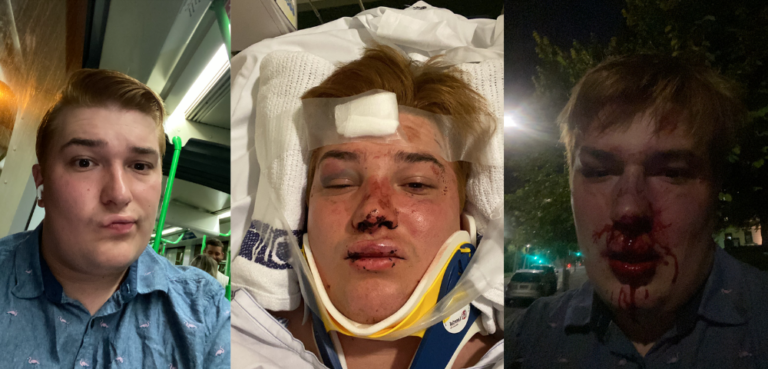
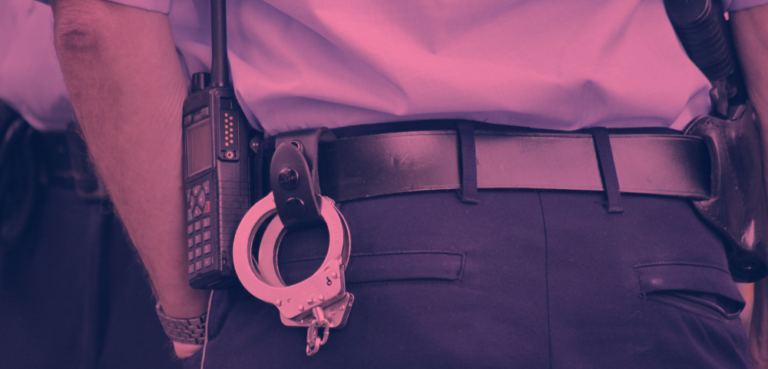
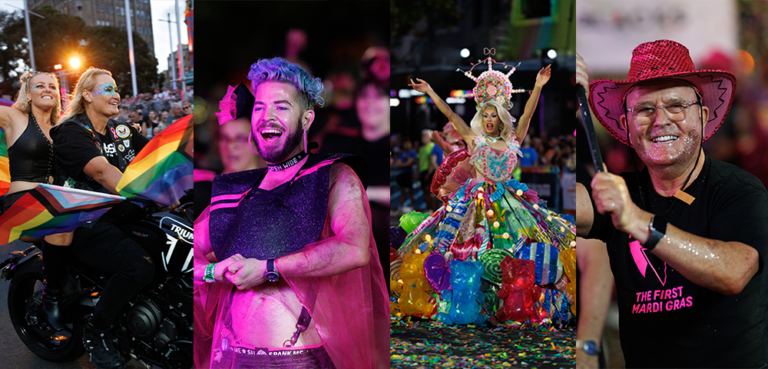
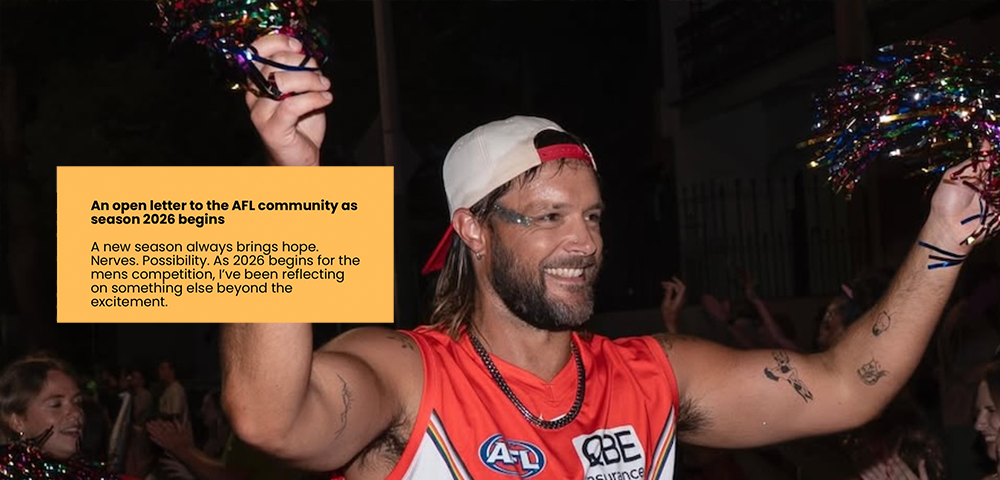


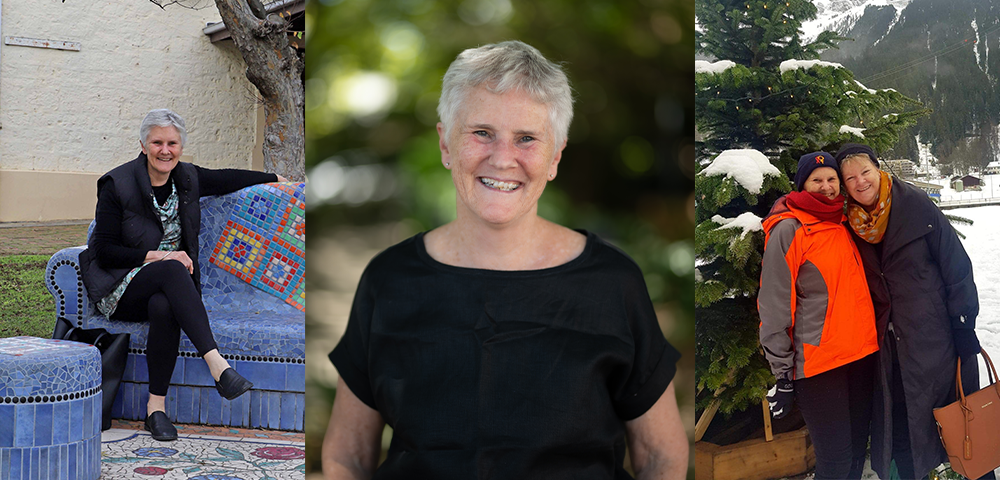
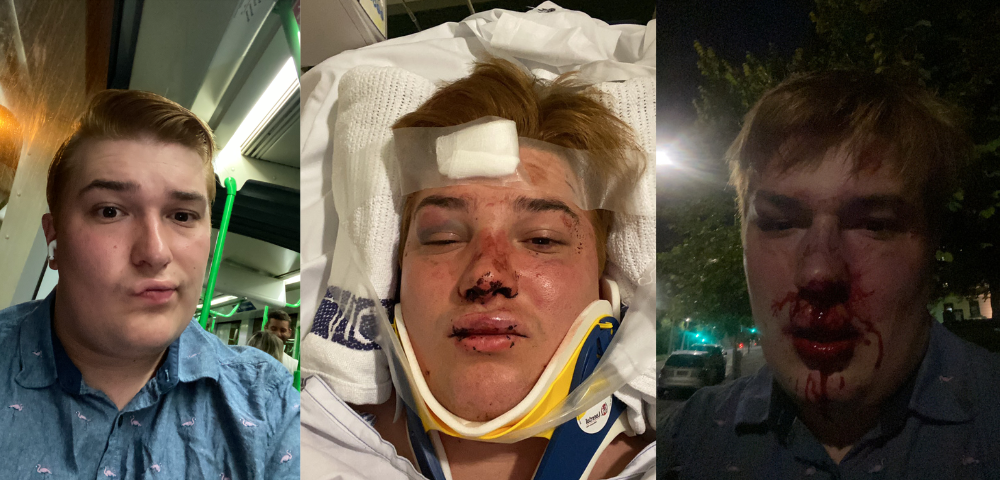
what about charity beginning at home, do you think australia doesnt have problems to deal with. When you see homeless people sleeping out at central station, health and transport problems an assylum seeker comes here by choice
Australia will continue to be shamed and labelled very badly around the western world as homophobic, racist, xenophobic and bigoted – if we continue with the appalling treatment of refugees and asylum seekers and keeping the 2004 ban on gay marriage!